|
Hong Kong nihilism, an upbeat 80s pop score that rips, and some of the best stunt work ever committed to celluloid, Righting Wrongs is a stellar spectacle that traverses the framework of an Action Comedy to deliver a piercing portrait of a vile, corrupt world. Righting Wrongs has faith in legality and the rule of law but is deeply cynical of humankind's ability to live up to their own standards of justice and order. Every single fight sequence in this film is masterfully choreographed and performed, and with Yuen Bao, Cynthia Rothrock, and Pete Cunningham among others that is to be expected but this film features multiple showdowns that easily evoke the gravitas of a final showdown in most movies. A wonderfully kinetic, violent, bleak crime story that doesn't just navigate the ethics of vigilantism, it uproots the whole enterprise, being cynical purview of the whole institution of law and order in a world this cruel and corrupt.
0 Comments
A refreshing character drama that is unafraid to be confrontational or abrasive, Emily the Criminal is ultimately quite revealing about how we culturally often become complacent to injustices or impediments that affect our collective growth. Emily The Criminal is a polemic film, one that isn't afraid to get messy as it pertains to justice and ethics. From one decision to the next, Emily's actions are not ethically acceptable on their face but what becomes apparent is she is merely reacting to the world around her, learning from what she sees as success and adopting those tactics for her means of survival. Simply put, she is reading and reacting to the dog-eat-dog nature of the world, where force, toughness, and conquest, whether among small-time criminals or corporate suits are ultimately idolized. If you look too closely there are aspects of this characterization and the story itself that don't quite congeal, and one could certainly argue aspects of this could be better developed, but I like how messy it is, almost being more penetrating due to a lack of all the context. The film has conviction in what it's doing and what we effectively witness is a transformation. Emily begins to believe that her failures - the trauma, and circumstance that have left her on the outside looking in - are due to her not being strong, not seizing the opportunity, and embracing the competitive dog-eat-dog mindset. To go full big-brain over here, Emily the Criminal could also be seen as a rather sly subtextual critique of modernity and the cutthroat nature of our world that since the 1970s has been sculpted and rearranged by finance in the name of globalization. The managerial class, which once aligned with their workers to serve the company now has a new master - bureaucratically finance. Labor fights for the scraps and even the educated face unnecessary impediments to climbing the hierarchy of power through predatory interest rates on student loans. The rules of the game are tilted, and legality is merely a precept of order and control within the global finance framework. This type of stripped-down thriller I can largely get behind. It is tense, uncomfortable, exhilarating, and ultimately appreciated by me due to its willingness to challenge the status quo and our collective complacency with certain injustices. Notions of acceptability and politeness itself are often sculpted by the powerful and we should remember that.
While familiar with the way it investigates identity and image in a modern context, Belle remains ahead of the curve being intelligent enough to recognize that a cursory critique of social media isn't incisive. Hosoda astutely recognizes that humanism can transcend technological distortion. In the end, simulated realities are merely an extension of the social arena. Technology can be pervasive but it isn't pernicious by default and what I think struck me about Belle is how the film ultimately reminds us that blaming technology alone for social contention and ugliness in our world is a cop-out, an obfuscation from the much more complex and messy nature of socialization and communalism where the need for more altruism and empathy across all social strata is the only resolution. Despite the aversions of material reality and physical space, social media is not a net positive or net-negative, and in it's ability to connect us to others beyond our day-to-day spatiality Hosoda finds hope for the future, despite our proclivity as social creatures towards egoism, and judgment. A stunning visual treat, I love how the animation and world-building of the digital space reinforce the expanse of humanity, how small we really are as an individual, and yet how much power we have to influence others for the better through our actions.
A tonic from the panoply of adolescent love stories that feel manufactured, prescriptive, or even didactic. Girl Picture is formally and conceptually attuned to the anarchism intrinsic to experience, intimacy, and affect. Life is messy and Girl Picture has no moral precepts about the rules of connection, sexuality, and desire. In fact, one could argue it's radical in its depiction of corporeal pleasure and sexuality due solely to the fact that its theatrics and dramatics are never drawn directly from either. Girl Picture completely detached and uninterested in interrogating puritanical ideals around sex, and heteronormative notions of connection. Simply put, by not giving those things any weight or any substance, Girl Picture transcends social constructs and expectations, ruminating on the existential. The messiness of emotions, the reciprocity necessary for companionship, and how we as individuals may draw from internal impulse and cognitive analysis of what we experience, yet the intrinsic interconnectivity of modernity means we constantly are influenced by others and are in a state of perpetual evolution. I'm probably making this sound more profound in ways than it is, yet it just felt so authentic to living, where experience is tethered to self-discovery and personal growth. We are social creatures, and how we communicate through movement, action, and language influences not only the one we are in direct contact with but ultimately others - we are all nodes on a massive connected network. Conflict is not portrayed solely as an impediment to self-discovery but as a necessity in the journey of life. So many films exhibit love in a way that borders on utopianism, and perhaps what I love the most about this deeply affecting film is how Girl Picture outright rejects such juvenile notions. The desire for connection and companionship is bound to be full of conflict as we, at the end of the day, are emotional creatures. Love isn't logical, it is emotion-based, and with something as powerful as emotion, expressing our internal feelings openly and honestly is simply not easy, which I think this film demonstrates wonderfully. Love is essential, a powerful force against the cold, indifference of existence yet to present it as utopian is a great deception, and Girl Picture wonderfully recognizes that with anything as beautiful as love, pain is almost sure to be a part of that. Surprised my mutuals don't seem to have responded to this as much as I did. Frankly, not sure I've been as affected by a film like this since when I first saw Lukas Moodysson's Show Me Love.
Certainly ambitious, Carter is an audacious display of kineticism that I can respect but simply can't fully embrace. The continuous camera movement of this sucker does pay off during most of the action set-pieces, the continuous movement inducive to the palpable pleasures of a chaotic tableau of violence in R- rated action filmmaking. Where this film struggles is during the in-between sequences that essentially exist to give this film a semblance of a narrative. In these sequence this continuous movement is abrasive, dizzying, and distracting. The story, in general, is pretty snooze-inducing but obviously, that's not really what we are here for, and the action sequences are imbued with consistent brutalism and bloodshed that can't help but titillate the senses. It may just be personal preference, but I like my action with a little more weight, a little more physicality that is felt, which I feel this film obfuscates due to its desire to be in a state of continuous motion. It's such an ambitious action film, so I struggle to be too negative toward it but I found that the digital facade necessary for its ambitions saps it of some of its authenticity. I will say it's almost impressive how coherent its action set-pieces can be, all things considered. Fun overall. Also, what's up Camilla Belle?
Kakabakaba Ka Ba's tone and treatment could not be more different than De Leon's Kisapmata, Itim, or Batch 88, but it ultimately features its own unique cutting social critique through a maximalist panache that continuously escalates as the film progresses. A sardonic, farcical crime caper musical! that sets its sights on the pervasive ways imperialism infects, distorts, and rearranges cultural identity. From Christianity to the Pan-Asian sphere of influence by Japan and China on the Philippines, Kakabakaba Ka Ba is a biting, playful critique of economic and social imperialism that trades in the suffocating, simmering tension of the three aforementioned films above for a more kinetic, gonzo approach. There of course is a link between the fascism De Leon explores in both Batch 88 (explicitly) and Kisapmata (implicitly) with transnational imperialism he explores in Kakabakaba Ka Ba? as both rely on subjugation, it's just a level of degrees in how explicit it manifests itself. Kakabakaba Ka Ba? proclaims that De Leon is far from a one-trick pony as a filmmaker, as this film's playful formal designs have more in common with Bogdanovich's Whats Up Doc? than it does with some of his other work. De Leon remains fascinated with examining oppression in its more explicit and implicit forms. Subjugation and authority are intertwined, whether it be toxic masculinity under a patriarchal society, outright fascism, religious orthodoxy, or imperialism. The ways in which social or political power restrict social liberty feels like a subtle throughline of De Leon's work I've seen, and there is a continuous focus on cultural identity and the various external forces that continue to sculpt and mold Filipino society.
Remember when spectacle wasn't defined by duration or bombast? An absolutely stunning achievement in which the sheer artistry is next-level. The production design is a salient reminder that despite the digital facades of contemporary cinema and all that digital composites can muster, they will never feel more authentic and palpable to the imagination than old-school production design and artisanal-like attention to detail in scope and scale. It's one of those films that when you sit back and think about the fact that this it was shot in what, 1955? One begins to really be dumbstruck with just how majestic, vibrant, and expansive it manages to be. Of course, this film is nationalist - which for this guy is one of the most despicable, indefensible human conceptions imaginable - yet, it's just so imaginative, jolly, and beautifully constructed, traversing its 90-minute runtime with ease while efficiently creating an absolute spectacle. A stunning achievement of its era, or any era really, it is difficult to not be awe-struck by the images constructed here. This is exactly what I want out of fantasy, mythic cinema.
I like the part where she brushes her teeth with a white, plastic toothbrush. In all seriousness, Prey is a slick, violent, compelling experience that doesn't completely adhere to the Predator ethos but it effectively forges it's own path. Justifying its decisions with efficiency in pacing, strong action set-pieces, and clever overall conception, Prey offers lots of memorable moments with sturdy direction throughout. There is always something bigger in the food chain, and I really liked how this film embraces the duality of nature - life and death are counterweights, violence intrinsic, and the hunt is embedded into living in its most primal sense. It's kinda funny that the Predator is a misogynist, not viewing our main protagonist as a threat. He is a member of the patriarchy which is a fun, compelling choice. It's not even subtext just text. I saw someone proclaim that when one removes nostalgia from the equation that it could be argued that Prey is better than the original, and well, that person is dead wrong. As a proud defender of Predator 2, I would slot Prey somewhere around the 3rd best Predator film. It's better than Predators or The Predator, and I'd likely argue on-par if not a little above AVP, particularly given AVP's aversion to macabre and Prey's embracement. Anyway, I had fun, a good movie.
The duality of desire. How corporeal impulse alone can tether itself to pure objectification and thus, power when viewed within the confines of the patriarchal social order. I just forgot how diabolically delightful Bitter Moon is, a playful sardonic interpretation of relationships in which any form of symbiosis feels like a perverse fantasy. The razor-thin edge between love and hate is expressed via this let's just say tumultuous relationship, and yet somehow, SOMEHOW the denouement remains affecting as if these characters despite their flaws are merely victims of their unadulterated desires, desires which on some level are intrinsically possessive. I personally like to see it as a veiled, provocative critique of monogamy in which Coyote gives one of the truly great performances of the 90s.
|
AuthorLove of all things cinema brought me here. Archives
June 2023
|
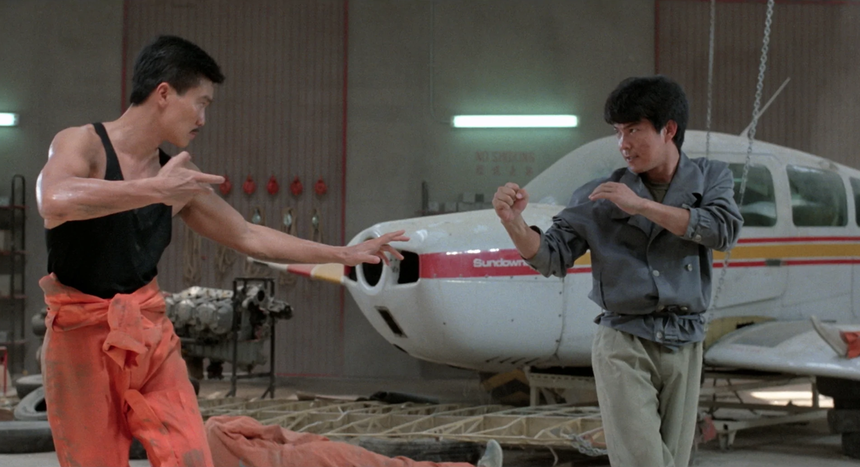
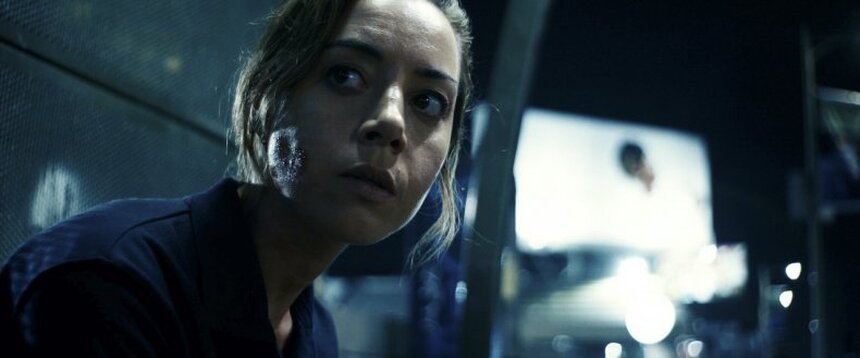
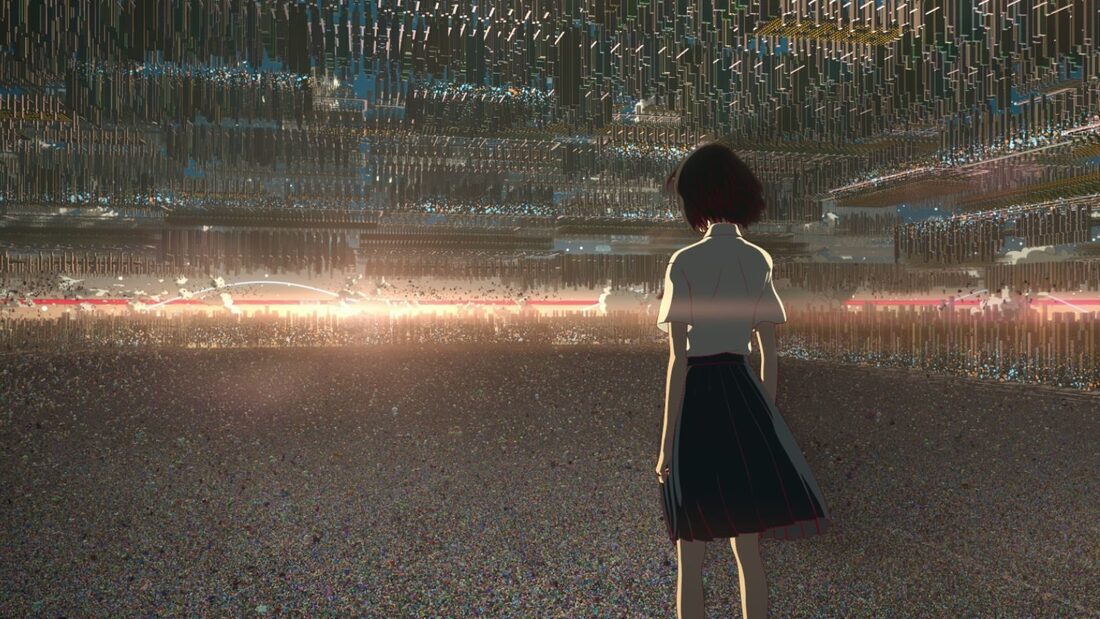
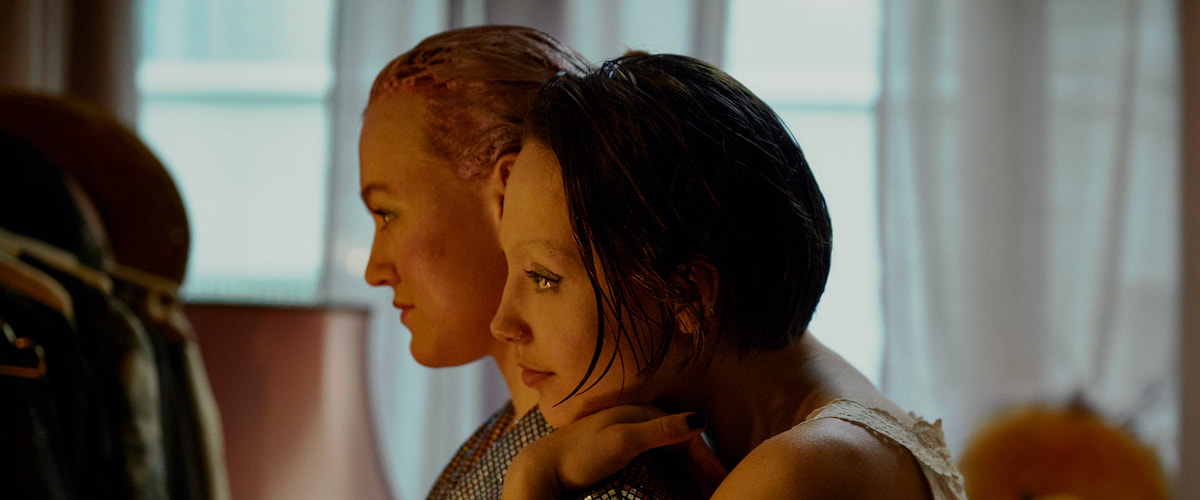
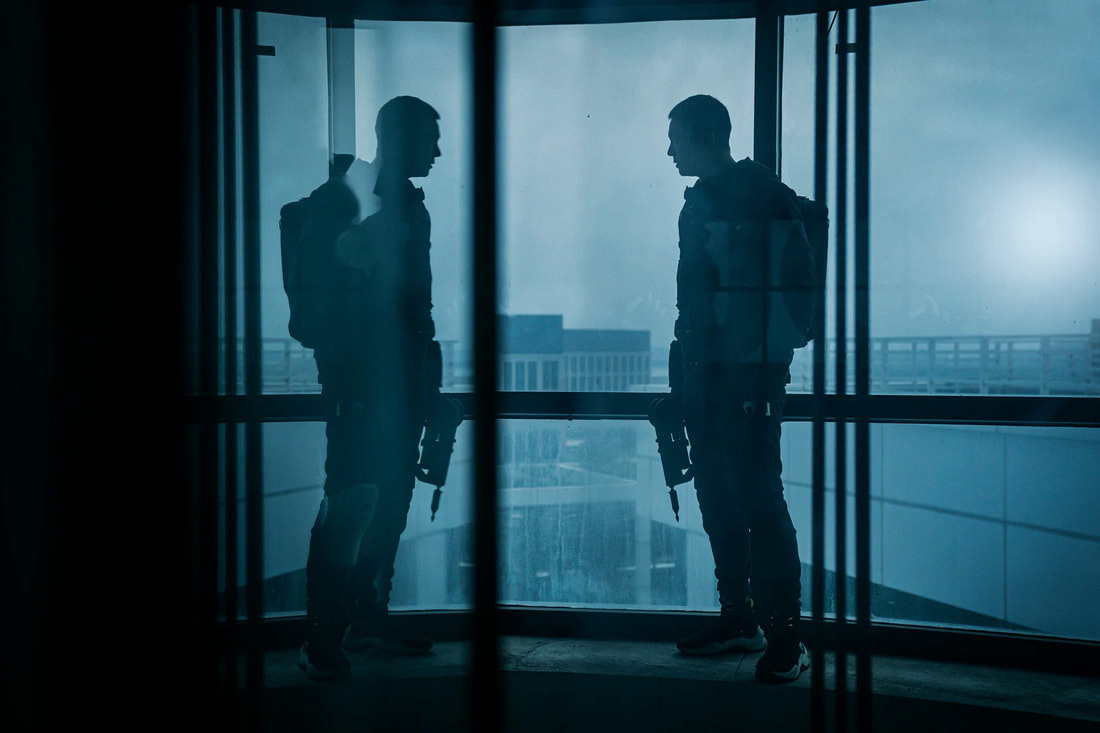
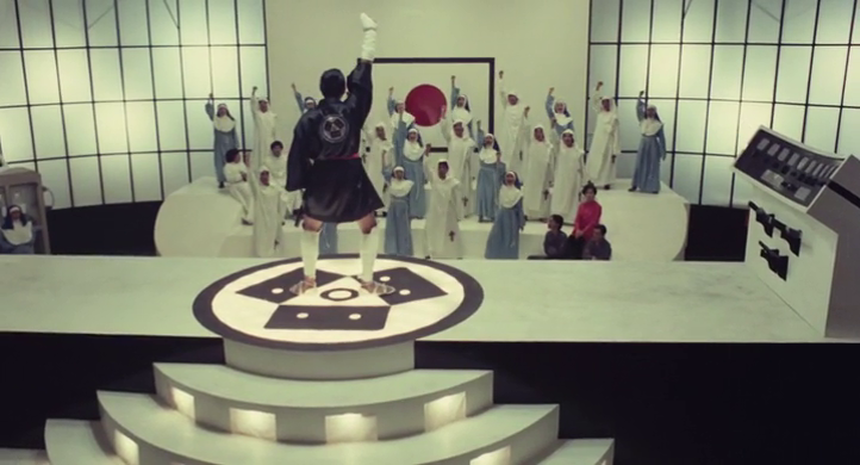
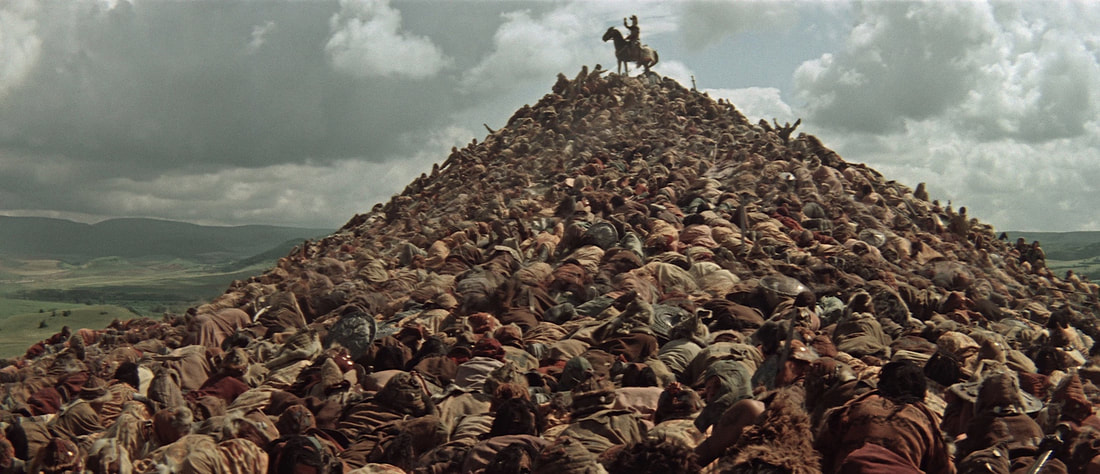
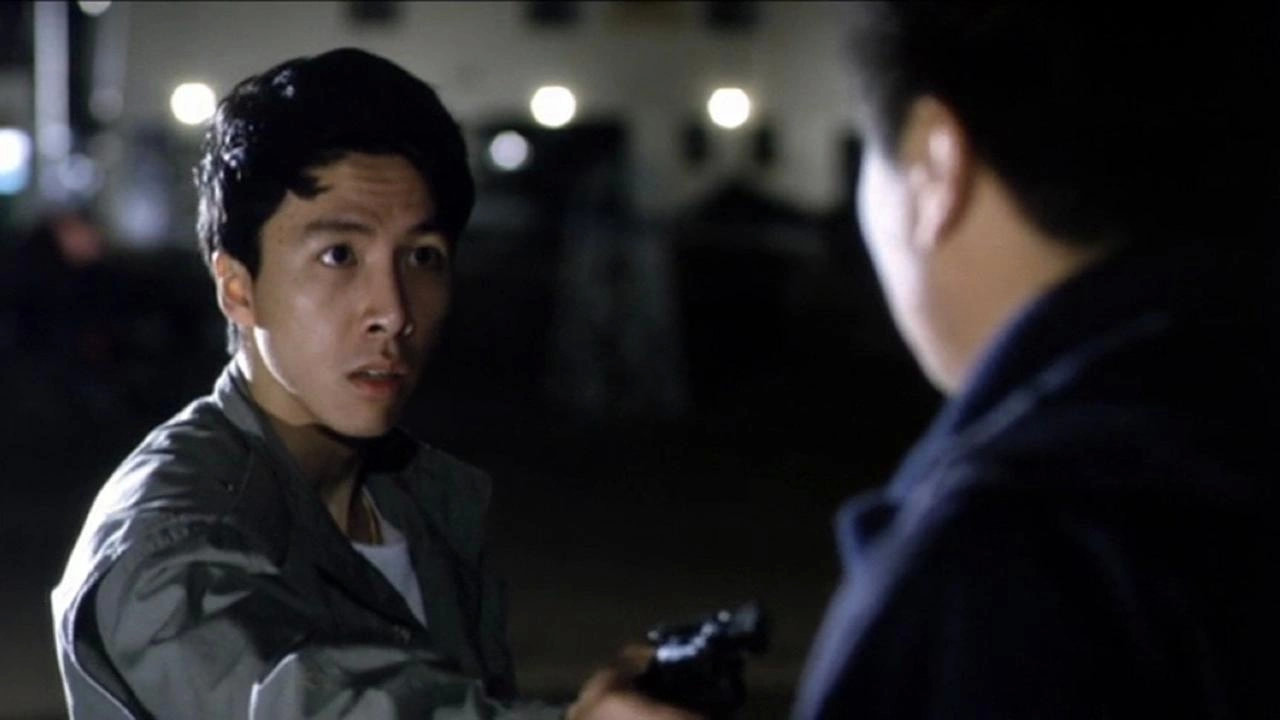
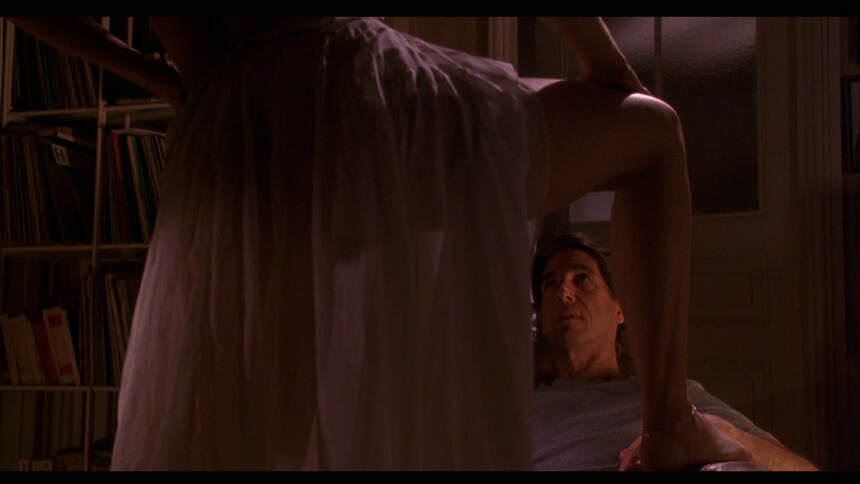
 RSS Feed
RSS Feed
